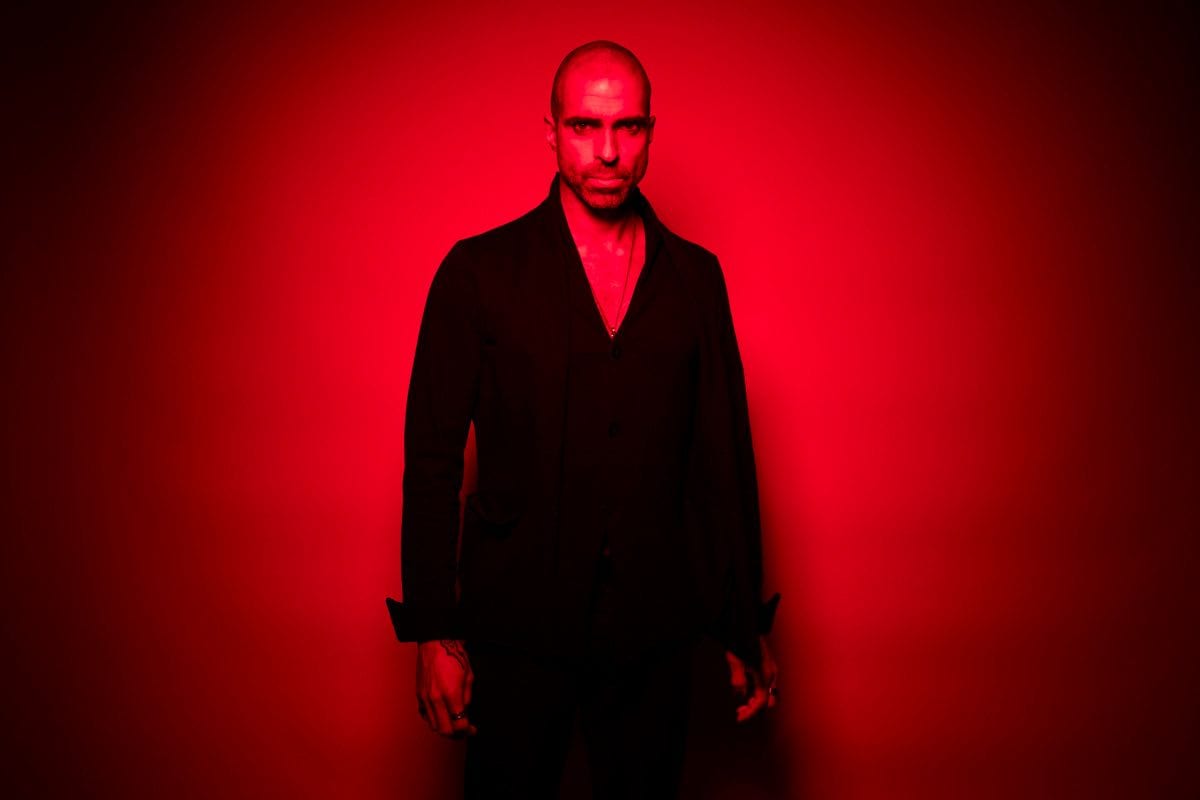
On Burn Slow, Chris Liebing creates a dark techno world where the music oozes more than trips out of the speakers. There’s a syrupy sense of primal life. The beats plop more than bubble in the sonic swamp. The vibrations create a chiaroscuro effect where the shadows become more centered than the three-dimensional reality.
That is especially true on the appropriately entitled instrumental track “Novembergrey” but an accurate description of the entire disc. The little blips, claps, and wobbliness suggest that we may not be machines but that we live in a mechanical world. The songs with voices, including those by guest vocalists Gary Numan, Miles Cooper Seaton (Akron / Family), Polly Scattergood, Cold Cave, and Aleen, offer a human side to the proceedings, but the die has been cast. Liebing understands we are jailed by time and are only sleeping (or sleepwalking) our way through it.
For those that find beauty in the darkness, there is much here to enjoy. The individual cuts have an edge and a kinetic flow as if we are on a dangerous chase that never ends. But it is clearly not butterflies we are after. And if there are apparitions, they are not the friendly kind despite their gossamer appearances. There is something sinister about the “Ghosts of Tomorrow” even if we don’t understand what the spirits represent.
The heaviness of the album works as its greatest asset. Liebing’s compositions may have slight movements of levity, but even when addressing sexual pleasure such as on “And All Went Dark”, the music offers a decadent vibe. The beats may move a little faster in the excitement. The pulse speeds up a bit but never moves to a climax. It is the sound of one hand remembering. One is alone, except sometimes one has visitors.
These guests can be shape-shifting phantoms or chrome statues. Are they delusions or visions? Liebling’s narrators seem sincere but untrustworthy. After all, they get the details confused—was that one person with friends or a multi-bodied entity Seaton wonders aloud on “Card House”. Liebing’s dense soundtrack suggests mental illness, but sometimes the mad are enlightened and see what the rest of us block out. The music promises a heightened sense of consciousness if the listener lets go. Ergo the album works best for those willing to give up control.
Liebing has Cold Cave recite the words of poet / Zen philosopher Alan Watts on the opening track, “So Then…”. Watts noted that enlightenment could exist if one does not think of the past or look to the future but exists in the present moment. If we follow Watts’ dictum, the world would be more harmonious. Maybe. For those that believe this has the aura of truth.
And deep into the night, this may make profound sense. It’s difficult to imagine anyone playing this disc in the daytime. Who needs a slow burning candle at noon? The old saying goes, it is better to light a candle than to curse the darkness. Slow Burn exemplifies the duality of this statement. Liebing’s not burning the candle at both ends but presenting the darkness and the light as necessary to create a balance. That works as a metaphor for with music being the radiance and its silent absence the context of our lives. Without the glow, we can see nothing, but its brightness just reveals what blackness is.

